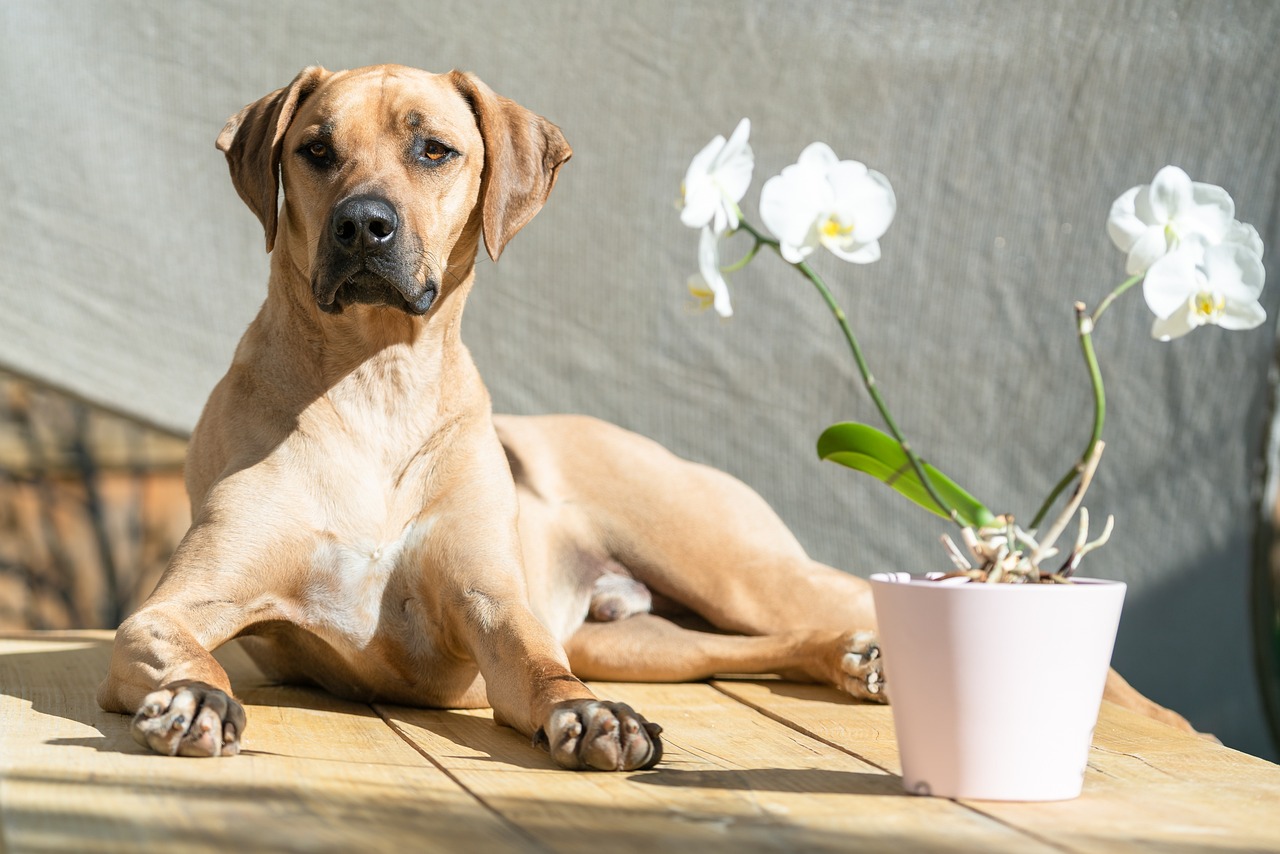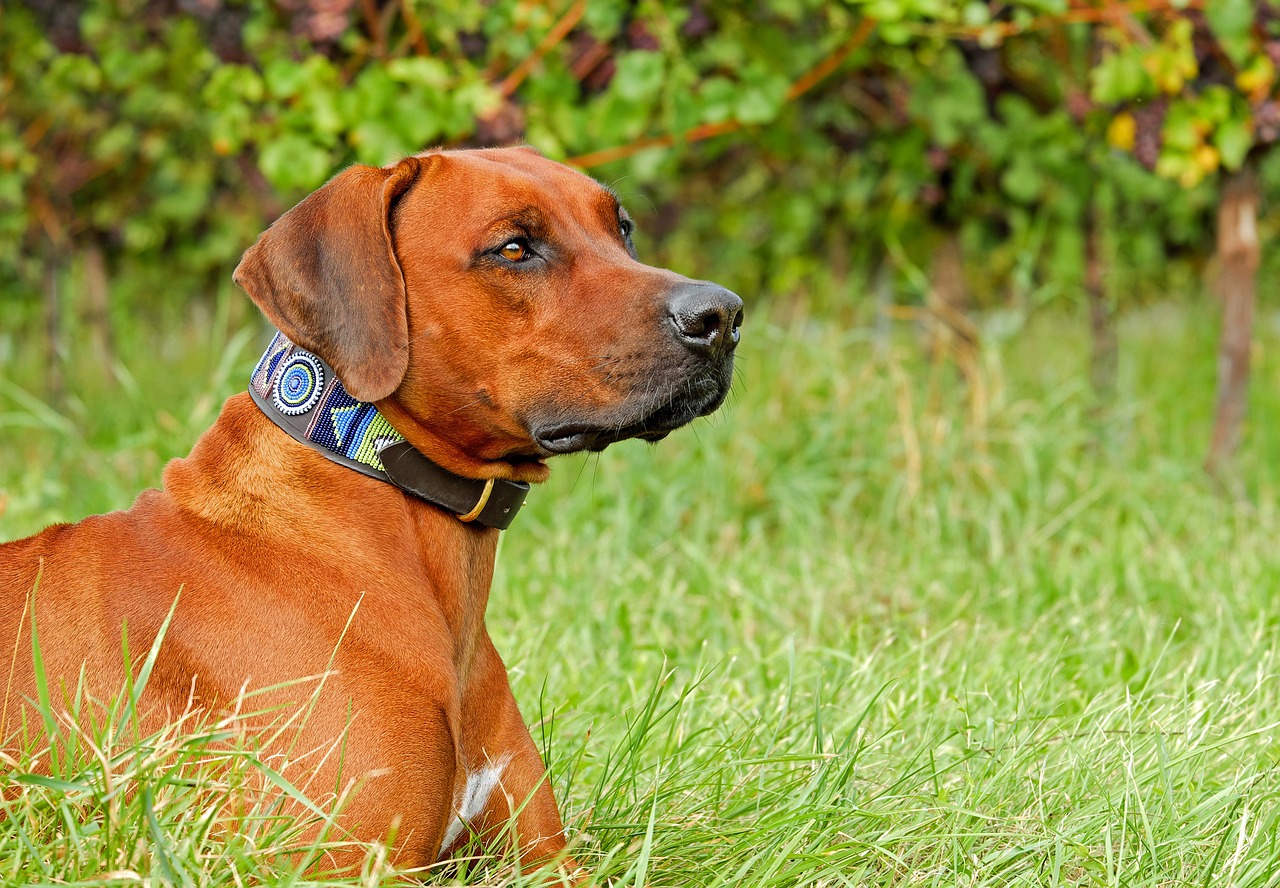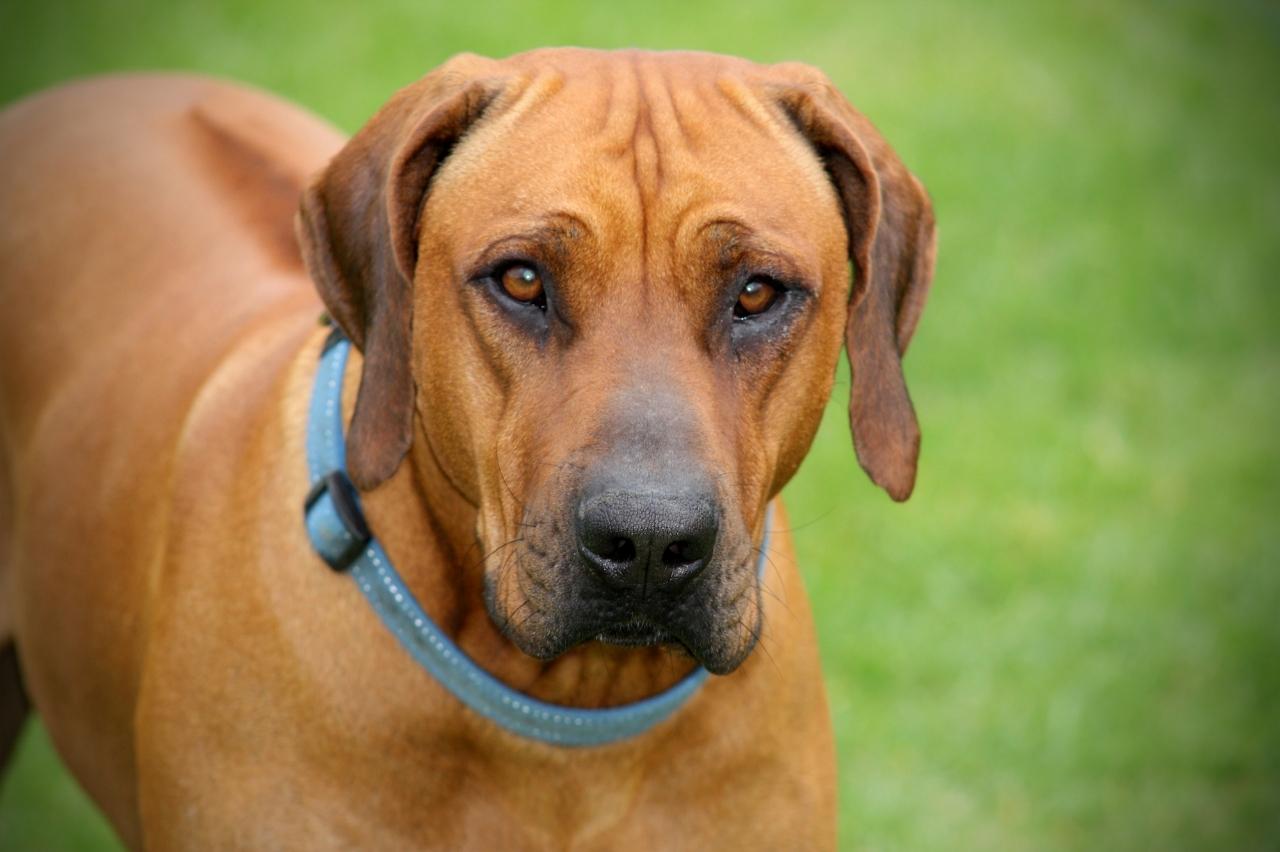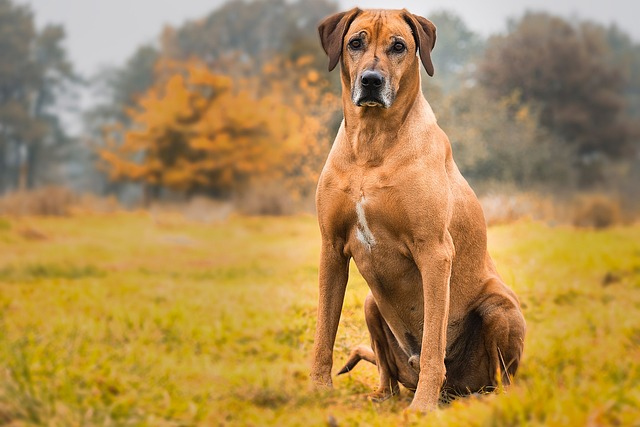Rhodesian Ridgebacks
Showing all 4 results
Shelter Dog Meal Donation Count:
Showing all 4 results
Rhodesian Ridgebacks are known for their dignity and intelligence, and they make excellent companions for active individuals or families. However, due to their strong hunting instincts and independent nature, they require consistent training and socialization from a young age.
The Rhodesian Ridgeback is a versatile, robust, and active dog, originally bred for hunting large game and protecting homes in Southern Africa. They are known for their ability to keep lions at bay and are revered for their bravery.

Originating in Southern Africa, the Rhodesian Ridgeback’s ancestry includes dogs of the Khoikhoi people and European breeds brought by colonizers. The breed was refined in Rhodesia (now Zimbabwe), where it was used to hunt lions, earning it the nickname “African Lion Hound.”




Generally healthy, they may be prone to certain genetic conditions like hip dysplasia, dermoid sinus, and thyroid issues. Regular veterinary check-ups are essential to monitor their health.
Their short coat is easy to maintain, requiring only occasional brushing to remove loose hair and maintain shine. They shed moderately.
This breed demands a lot of exercises. Daily activities should include long walks, runs, or play sessions to satisfy their energy levels and prevent boredom.
Training should start early, focusing on socialization and obedience. Rhodesian Ridgebacks are intelligent but can be independent, so patience and consistency are key. Positive reinforcement methods work best.
A high-quality diet suited to their age, size, and activity level is crucial. Due to their risk of bloat, it's advisable to feed them smaller meals throughout the day rather than one large meal.
The Rhodesian Ridgeback is a noble, intelligent, and versatile breed that makes a loyal family member and a formidable athlete. Their unique combination of traits requires committed care, including proper training, socialization, and exercise, to thrive. With the right environment and attention, the Rhodesian Ridgeback will be a faithful and protective companion for years to come.
Rhodesian Ridgebacks are generally healthy dogs, but like all breeds, they can be prone to certain health conditions. Knowing these common issues can help owners and breeders maintain the well-being of these dogs.
Adhering to these testing recommendations can help ensure the health and well-being of a Rhodesian Ridgeback. Prospective owners should seek breeders who perform these health screenings on their breeding dogs to reduce the risk of inheriting serious conditions. Regular veterinary check-ups and a healthy lifestyle are also crucial for managing potential health issues.
The iHeartDogs Free Rx Discount Card Program is a pet prescription discount card that can help you save money on your furry friend’s medications. The card is free to sign up for, and you can use it at participating pharmacies nationwide. To use the free program, simply show the card to your pharmacist when you pick up your pet’s prescription. The pharmacist will then scan the card, and you will receive a discount on the price of the medication.LEARN MORE
Caring for a Rhodesian Ridgeback, like any large dog breed, involves various expenses. The annual cost can vary based on several factors, including the dog’s health, the quality of products and services you choose, and your geographical location. Here’s a breakdown of typical expenses:
Total Estimated Annual Cost:
$2200 - $8100
It's important to note that these figures are estimates and can vary. Also, the first year of owning a dog can be more expensive due to one-time costs like spaying/neutering, initial vaccinations, and training. Regular budgeting for your dog's needs and an emergency fund for unforeseen costs are essential for responsible pet ownership.